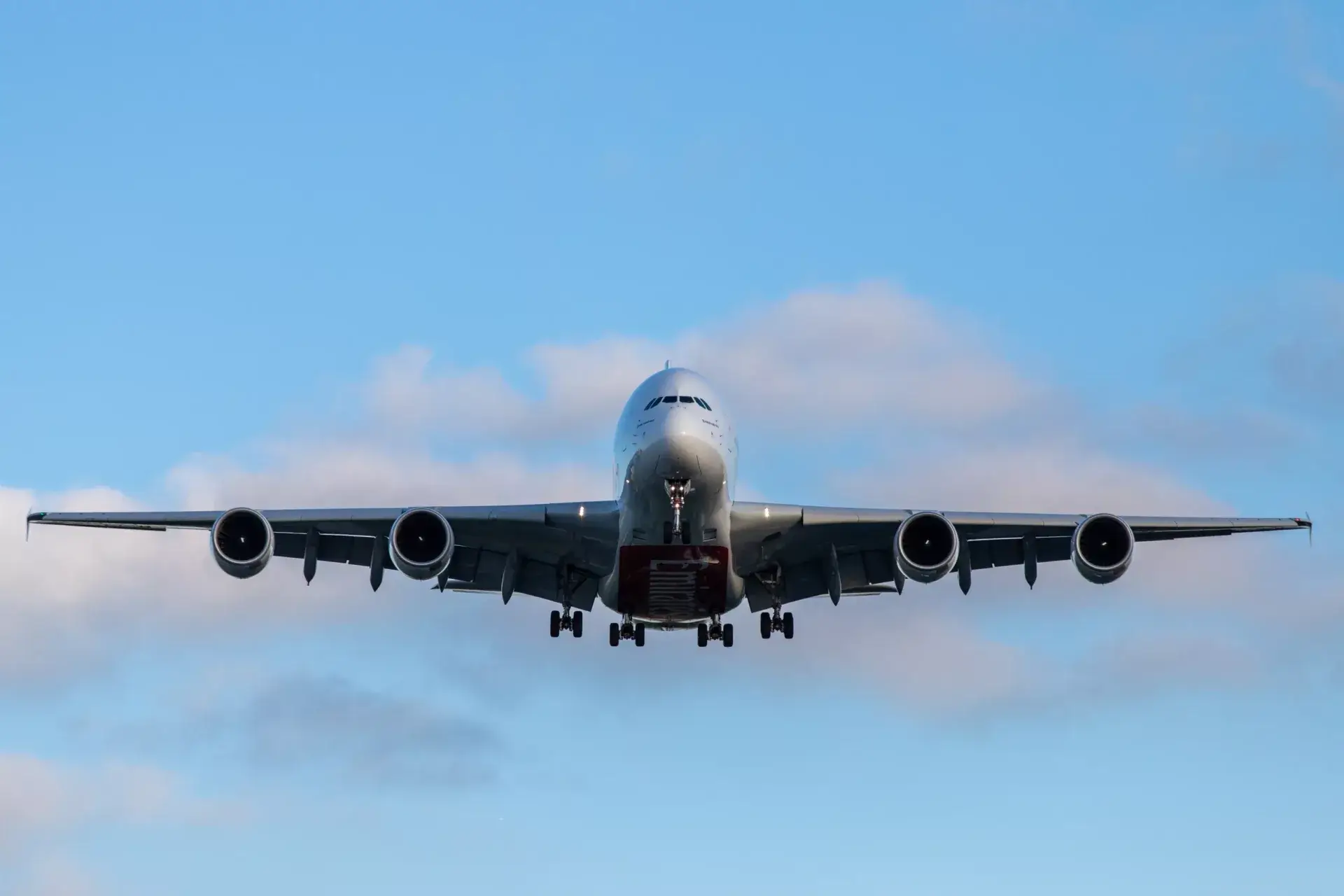In a world where air travel has become an integral part of our lives, the airline industry constantly seeks to innovate and captivate travellers, however very few new entrants come into the market, and even fewer are able to remain viable longer term.
Amidst this quest, Global Airlines‘ recent announcement of its A380 service has ignited both excitement and controversy – but how realistic are their ambitions?
There are numerous challenges and considerations involved in setting up a new long-haul airline from the United Kingdom and it is fair to say very few get to a point where they are able to operate, and even future survive the test of time. Let’s explore some of the intricacies and complexities of this process, taking into account the experiences of previous startup airlines that faced regulatory obstacles and similar challenges.
Feasibility For The Long-Haul
The journey of establishing a new long-haul airline is certainly not for the faint hearted and whilst new entrants to the market are often good for consumers, there isn’t a great track record of long-term success. For instance, Primera Air, a startup airline aiming to offer low-cost transatlantic flights from the UK, faced financial difficulties and abruptly ceased operations in 2018. In fact, over the past 10 years, several airlines have started in the UK, while other established carriers have ceased operations. Here are a few notable examples:
- flybmi (started in 2012) – Ceased operations in 2019.
- Virgin Atlantic Little Red (started in 2013) – Ceased operations in 2015.
- flypop (planned launch in 2021) – An airline aiming to provide low-cost flights between the UK and India.
- Thomas Cook Airlines – The long established airline and its parent company, Thomas Cook Group, went into liquidation in September 2019.
- Monarch Airlines – Ceased operations in October 2017 and entered administration.
Fleet Selection and Acquisition
Assuming the barriers of entry can be overcome and sufficient (significant) capital can be secured to get the airline off the ground, selecting the right fleet is crucial – particularly for a new long-haul airline. In the case of FlyLolo, a startup airline in the UK that planned to offer leisure flights to long-haul destinations, their failure to secure regulatory approval ultimately led to the cancellation of their operations. This highlights the significance of considering not only the commercial appeal of the aircraft but also the regulatory aspects and the ability to meet safety requirements and operational standards.
Controversially, Global Airlines have selected the flagship A380, which offers superior comfort and notoriety as the largest passenger jet in the world. However, even the largest global operators of the A380 claim to struggle to make it financially viable, causing many experts to cast doubt on the viability of Global Airlines ambitions.
Infrastructure and Airport Partnerships
Establishing partnerships with airports and ensuring adequate infrastructure are key components of a successful long-haul airline. WOW Air, an Icelandic airline that aimed to connect Europe and North America via its hub in Reykjavik, faced financial challenges and had to reduce its operations before eventually ceasing operations in 2019.
The United Kingdom has experienced significant growth in air travel over the past decades, leading to increased demand for airport capacity. Several airports in the UK, especially those serving major cities like London, have been operating at or near capacity for some time. This capacity issue poses challenges for the efficient handling of passengers, aircraft, and air traffic. This is a potential challenge for Global as a new market entrant.
Regulatory and Legal Compliance
Navigating regulatory and legal frameworks is essential for any new airline. Several startup airlines have faced challenges in obtaining regulatory approval or complying with industry regulations. For example, in 2018, Primera Air struggled to meet the regulatory requirements imposed by the CAA, leading to the suspension and eventual collapse of the airline. Such experiences emphasise the need for meticulous planning, compliance with safety standards, and effective management of regulatory obligations.
Conclusion
The launch of Global Airlines’ A380 service has sparked conversations about the challenges and intricacies involved in establishing a new long-haul airline from the United Kingdom. By reflecting on the experiences of previous startup airlines that encountered regulatory obstacles or faced eventual failure, we gain valuable insights into the complexities of the industry.
It goes without saying that it is essential for new airlines to conduct comprehensive research, secure regulatory approval, forge strategic partnerships, comply with legal obligations, and build a skilled workforce.
While the path may be challenging, it is important that innovation and new entrants to the market have the courage to do so, in order to maintain healthy competition and offer high-quality and cost effective services to consumers.
So is it that Global Airlines are too ambitious, or that the barriers to entry for new market participants need to be addressed to welcome innovation, development and wider consumer choice? Either way, it will very interesting to see what Global Airlines becomes, and we hope to see them in the skies soon.



